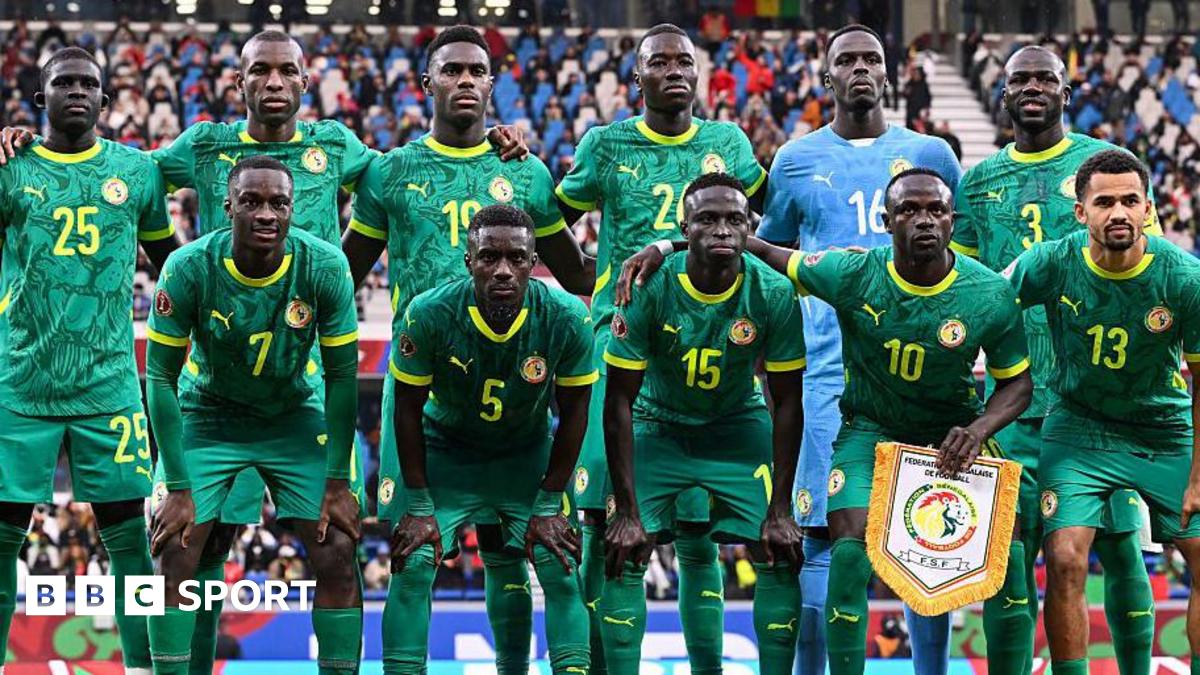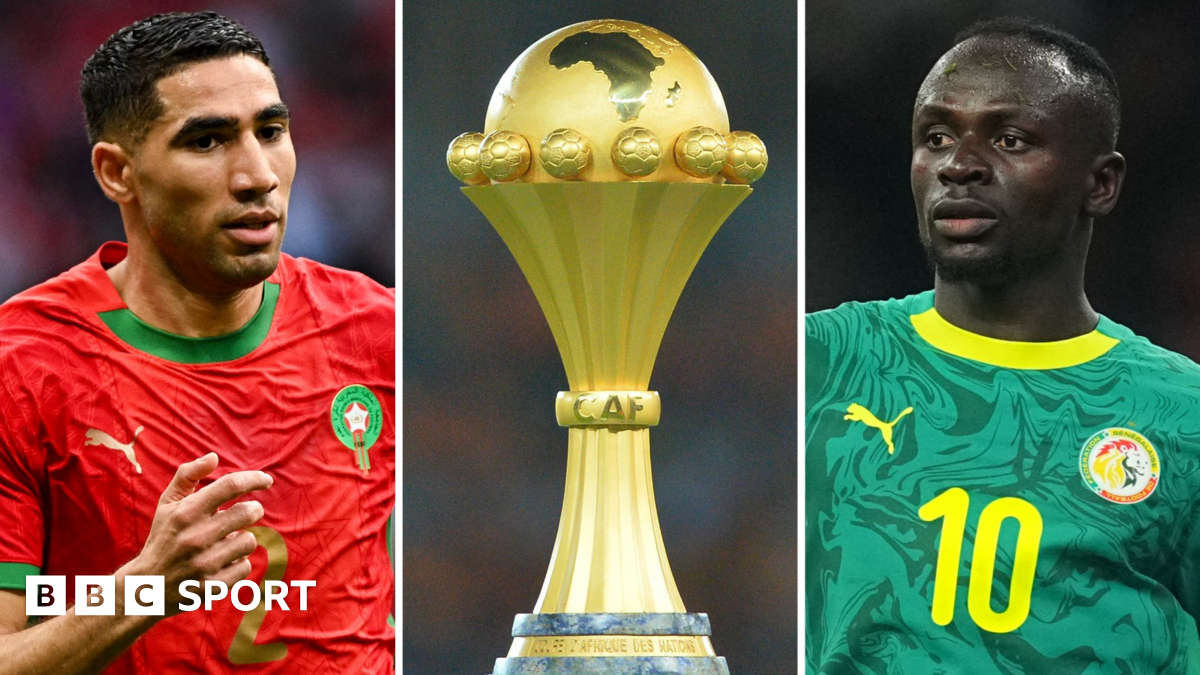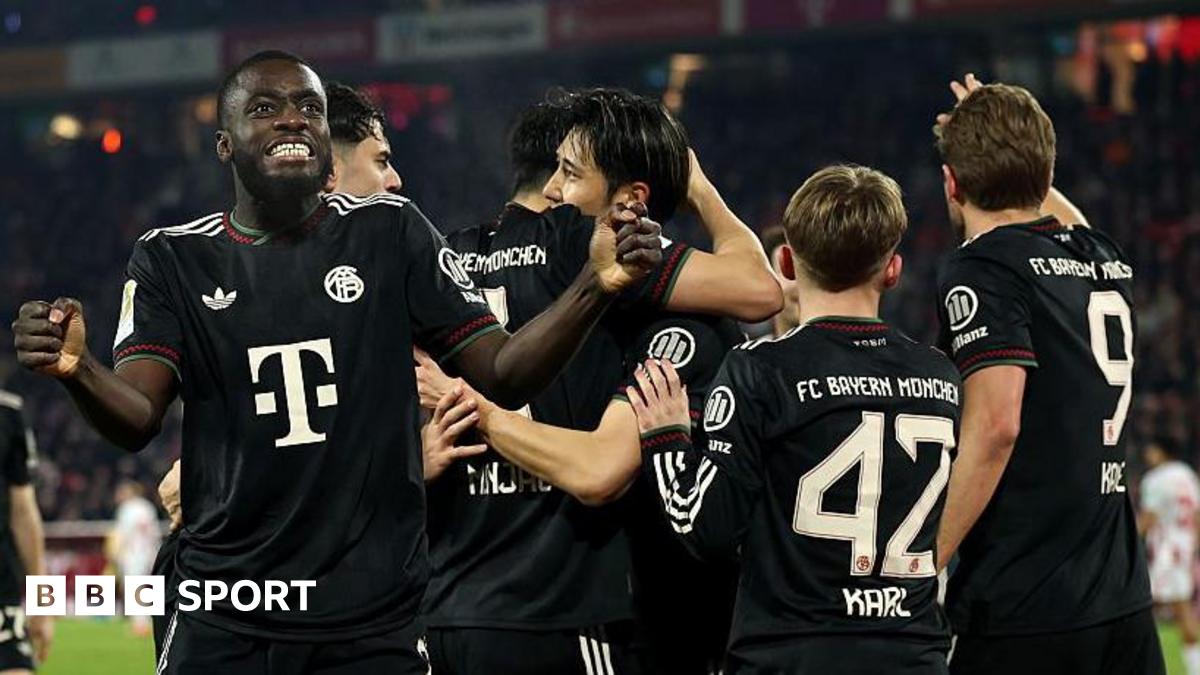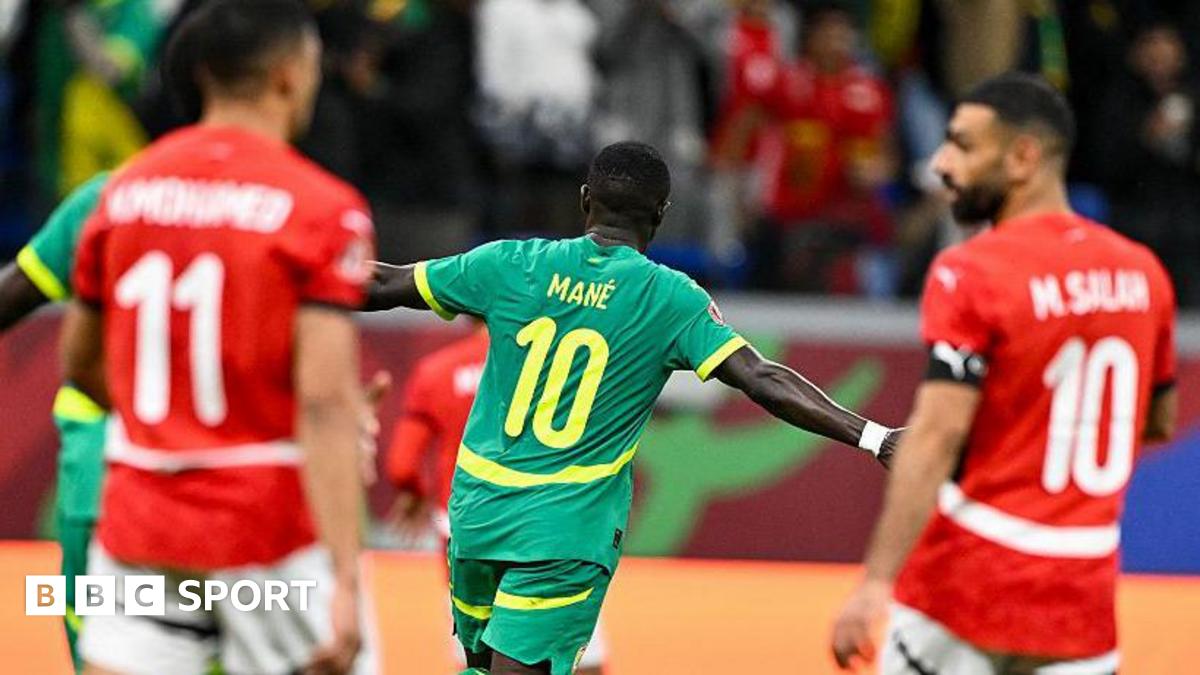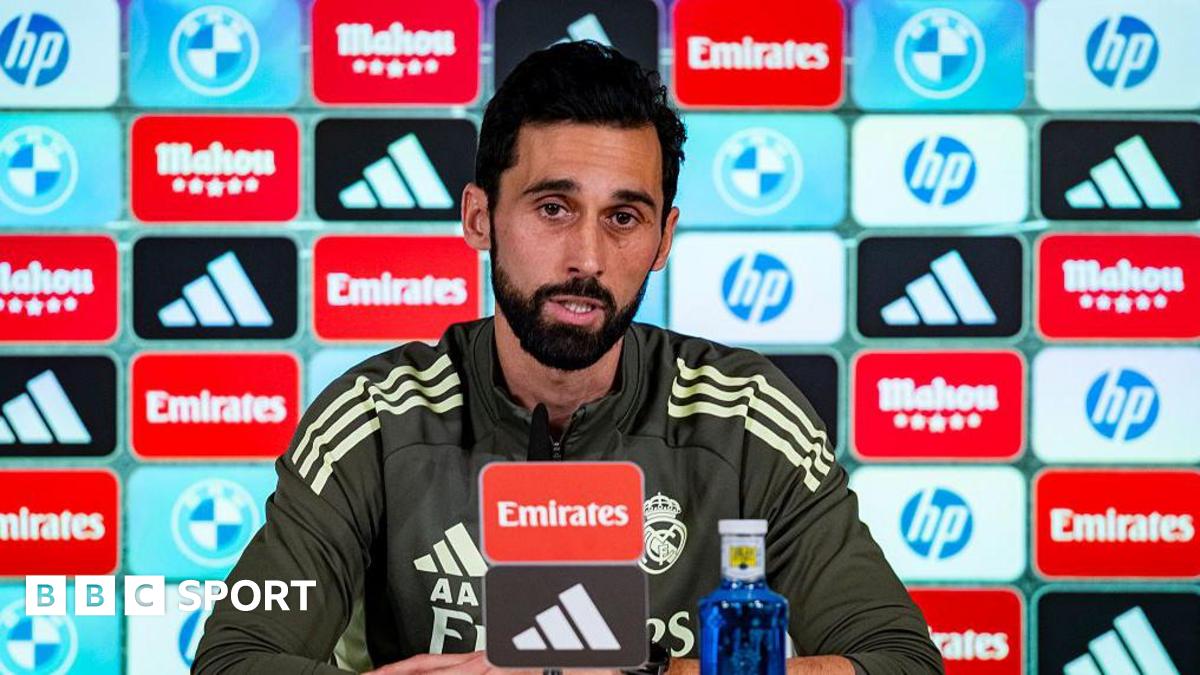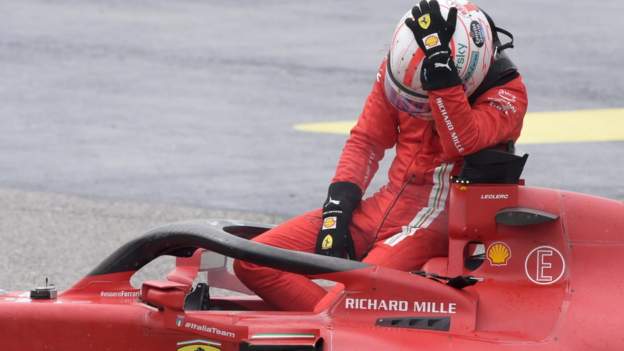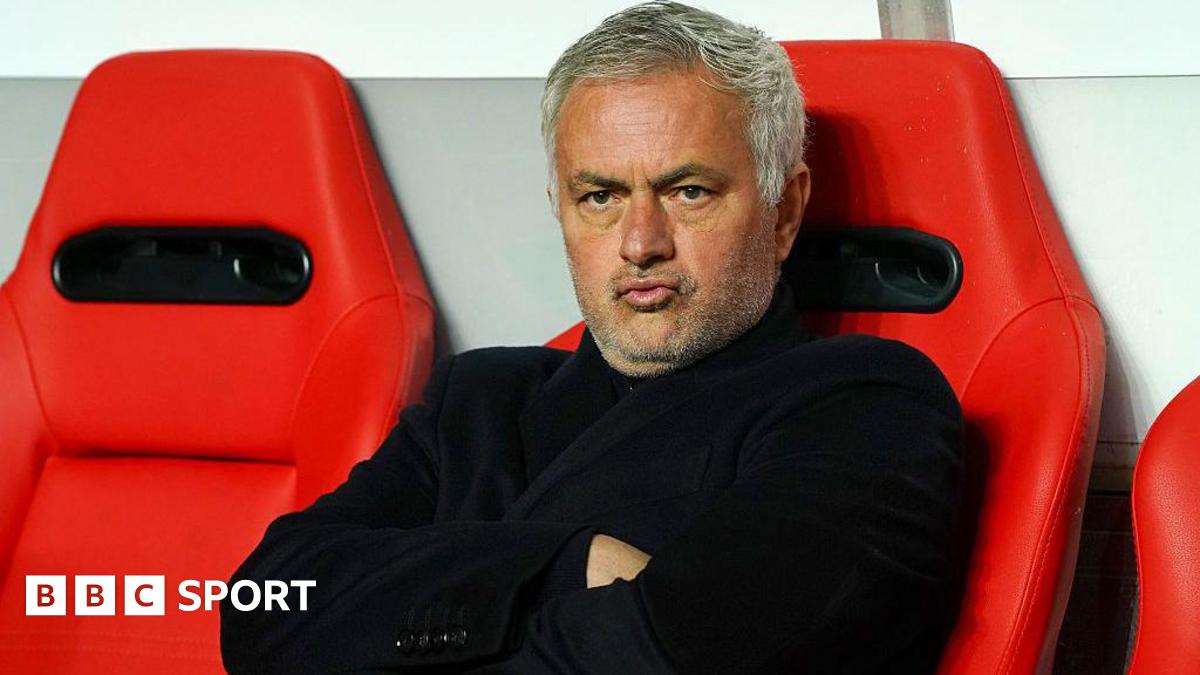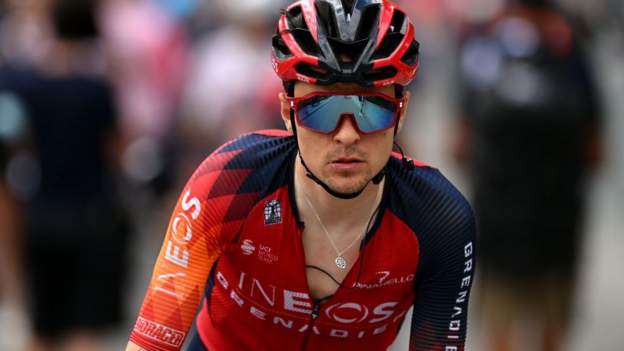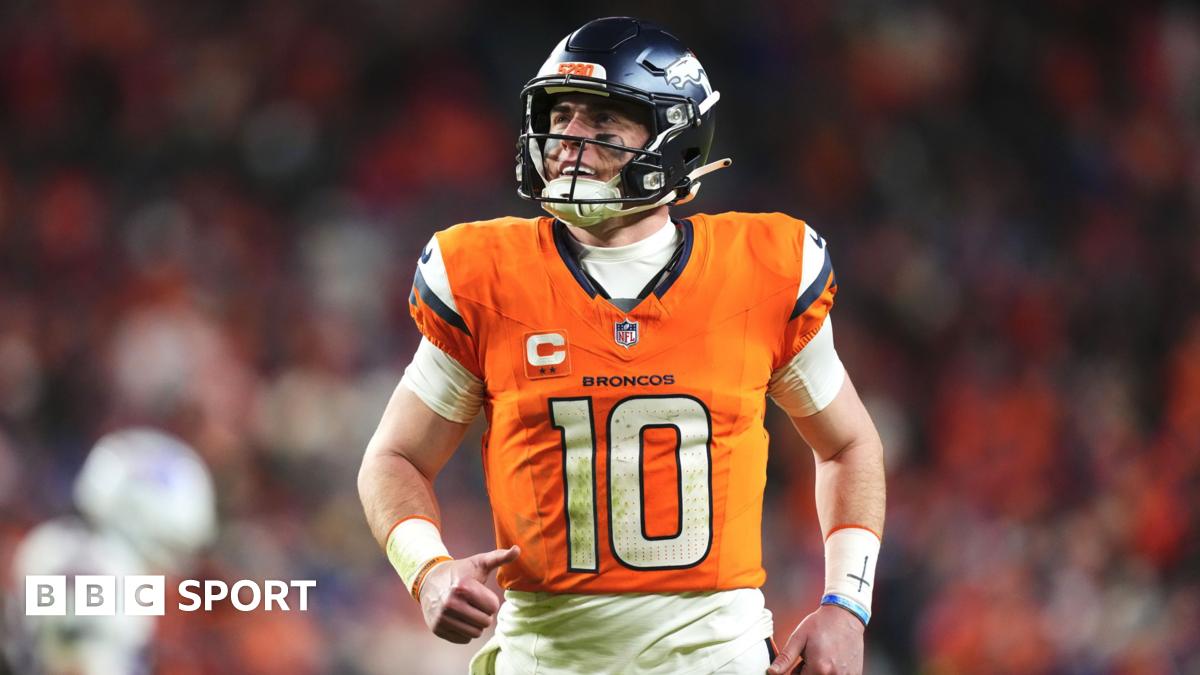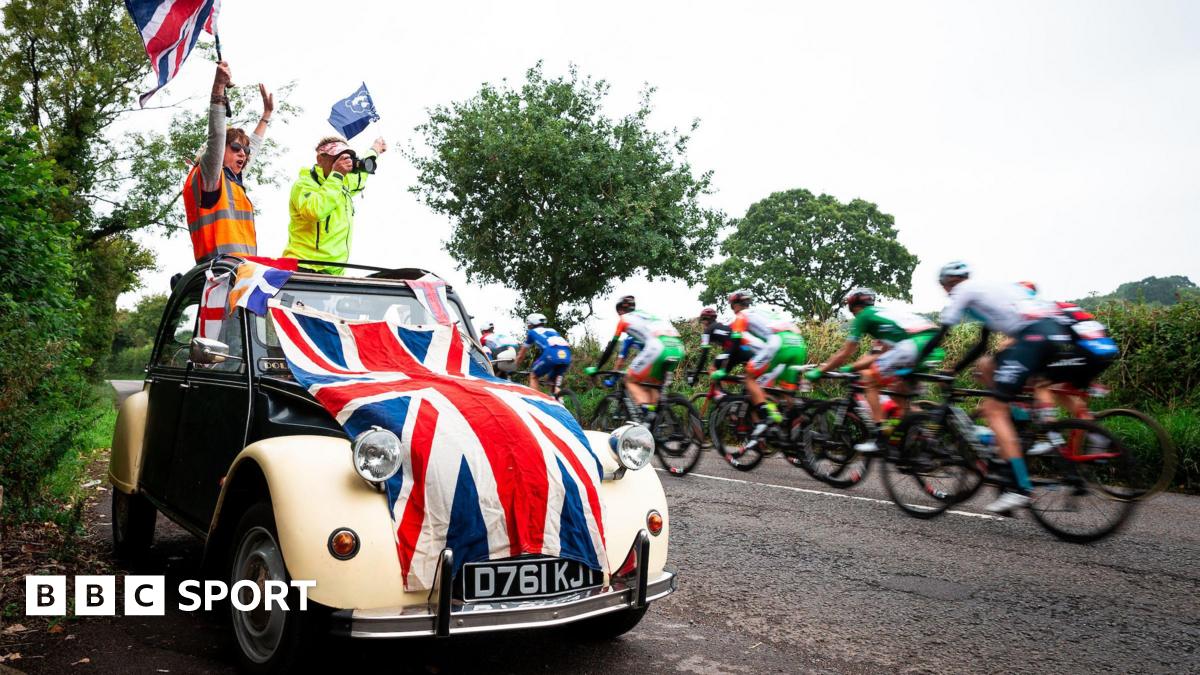Ferrari have discovered that Charles Leclerc’s power-unit was “irreparably damaged” in the first-corner pile-up at the Hungarian Grand Prix.
Leclerc was hit from behind by Lance Stroll’s Aston Martin, becoming one of several drivers to retire at the first corner.
Drivers are restricted to three power-units over the course of the 2021 season.
Going over the limit automatically incurs a 10-place grid penalty.
Ferrari said in a statement that Leclerc was now almost certain to receive grid penalties later this season for using more than the permitted number of engines.
The engine in Leclerc’s car was his second of the season, and it means he now needs to take his third for the next race in Belgium at the end of the month with half of the season still to go.
Red Bull team principal Christian Horner said after the race in Hungary that Sergio Perez had also probably lost an engine when he was collected by Mercedes driver Valtteri Bottas at the first corner.
Perez’s team-mate Max Verstappen, Lewis Hamilton’s title rival, is also in danger of grid penalties later this season after engine partner Honda discovered a crack in one of his engines in Hungary.
This was the unit in the car when Hamilton and Verstappen collided on the first lap of the British Grand Prix.
Honda still hopes to be able to salvage it for use in practice sessions but will not know for sure until it has been inspected at its base at Sakura in Japan over F1’s summer break.
Horner said on Sunday after the race that the impact of big crashes was large in the first season of F1’s budget cap and said that the issue of the cost of accident damage needed to be “looked at”.
“In a cost-cap environment, it’s brutal, the incidents that we’ve had during the last couple of weeks,” Horner said.
Ferrari team boss Mattia Binotto said he also believed the teams should discuss with governing body the FIA and F1 whether teams whose drivers are guilty of causing accidents should pay for damage incurred by rivals.
“Obviously if you’re not guilty, having such damage in the budget cap is something which is even more of a consequence now,” Binotto said.
“Should we add exemptions? I’m not sure that’s the solution. I think it may be very difficult to be policed.
“But I think that what we may consider is that if a driver is faulty, the team of the driver should pay at least to the other teams for the damages and repairs. That will make the drivers more responsible.”
Both ideas would need unanimous approval from the teams to be adopted and that is highly unlikely to be achieved.




